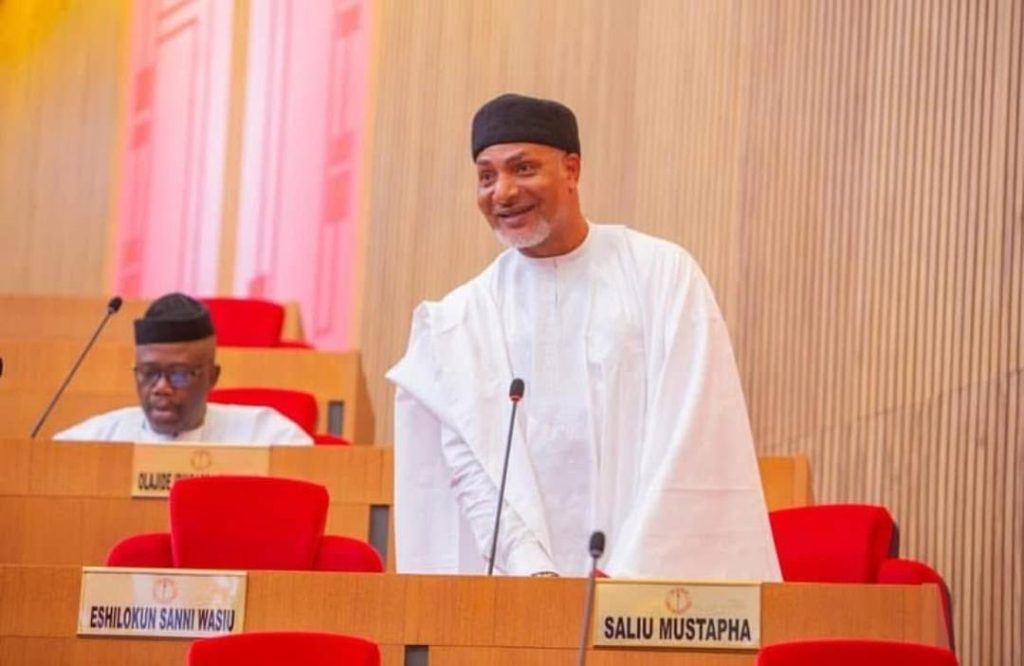The Senate has approved the second reading of the Cassava Flour (Mandatory Inclusion in Flour Production) Bill, 2023 (SB 254), sponsored by Senator Saliu Mustapha of Kwara Central. This marks the third bill sponsored by Senator Mustapha to pass a second reading within his first seventeen months in the National Assembly.
The bill aims to establish a legal framework mandating the inclusion of 20% high-quality cassava flour in the production of wheat flour and its derivatives. This initiative seeks to reduce Nigeria’s $3 billion annual wheat import bill, stimulate local cassava farming, and create sustainable economic opportunities in agriculture and industry.
In his lead debate, Senator Mustapha, who chairs the Senate Committee on Agricultural Production Services and Rural Development, highlighted that Nigeria is the world’s largest producer of cassava, with an annual output of over 63 million metric tons, representing one-third of Africa’s total production as of 2021. He emphasized that the country can leverage the growing demand for cassava both domestically and internationally, particularly as it is increasingly being used in energy production.
The legislation is designed to address the negative economic impacts of wheat importation, including trade imbalances, foreign exchange losses, and dependency on external markets. Senator Mustapha outlined the bill’s key provisions, which include tax incentives for producers and importers who incorporate cassava flour, as well as the publication of regulations governing cassava-to-wheat ratios in edible flour production. He noted that the bill aligns with the Federal Government’s 20% Cassava Flour Inclusion Policy, introduced in 2021.
“This bill, when passed into law, will stimulate job creation in the agriculture sector and increase our market share of cassava earnings in foreign exchange,” Senator Mustapha stated.
The bill received support from several senators, including former Senate President Ahmed Lawan, Senator Adams Oshiomhole, Senator Victor Umeh, Senator Mohammed Monguno, and Senator Abdul Ningi. The bill now moves to the Senate Committee on Agriculture and Rural Development for further deliberations.













